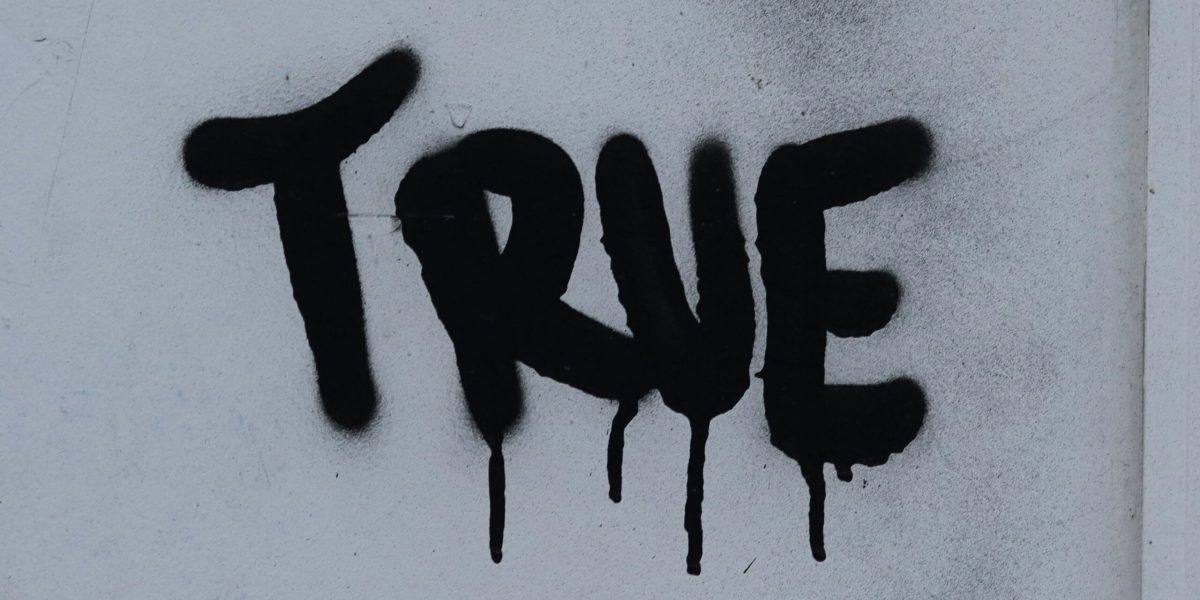The Politics of Truth and Falsehood

Faculty:
Fall 2025: September 1, 2025 – December 19, 2025
Schedule: Mon, Thu 17:10 – 18:30 CET | 11:10 AM – 12:30 EDT
Subject: PHIL
Level: 100
Credits: 4 US / 8 ECTS
Max Enrollment: 22
Language of Instruction: English
Prerequisites:No
This course invites students to contemplate, conceptualize, and analytically juxtapose the interplay of factualness and misrepresentation of truth in contemporary public sphere. Its goal is to introduce the undergraduates to the practice of critical thinking, including reasoned argumentation skills, in the context of modern-day problems of political, historical, and cultural urgency. Students will learn to express their thoughts clearly and concisely, justify their point of view and refute the points of their opponents, avoid logical fallacies and prohibited methods of argumentation, and use innocuous, but effective, rhetorical techniques.
Divided into two parts, the course begins with an introduction to different types of argumentation structure. Students will be invited to compare and evaluate arguments delivered by contemporary theorists, media personalities, and philosophers on both sides of the political spectrum. We will detect and study the most widespread strategies, wiles, and mistakes in public discourse. Readings and in-class assignments will help students define and utilize the most convincing methodology for developing their own argumentation as well as learn rhetorical devices for swaying the opinion of their opponents. The conceptual basis of this segment includes communication theories that define general conditions of communication and persuasion, such as Grice’s Cooperative Principle and Davidson’s Principle of Charity. Students will not only discover why we manage to communicate so much in just a few words, while also frequently breaking rules and conventions and even contradicting ourselves in discussion settings, but also acquire important “soft skills” for effectively conducting their own interactions with others.
The second, discussion-based, half of the course will be dedicated to putting acquired knowledge to practice. We will draw on the works of such diverse Nietzscheans as Michel Foucault and Bernard Williams, as well as of Immanuel Kant, John Austin, Harry Frankfurt, Richard Moran, Alasdair MacIntyre, and others, to investigate how a modern-day individual can discover lies in public discourse and what consequences such lies may have in various spheres of human activity. Students will learn how bullshit differs from falsehood, how the paradigms of pretense and self- deception work, and how the phenomenon of offensive language functions. They will also scrutinize various kinds of cognitive distortions. We will make an emphasis on fake news, post- truth, and new types of speech acts in social media to discover 1) how information objectivity depends on sources, experts, and gossip; 2) how one’s informed opinion can help withstand rhetorical manipulation; 3) what moral obligations a public speaker has; 4) how to develop practical approaches to analyzing and evaluating mass media information. The course will end with a discussion of parrhesia as a form of communication about truth and a dispute on the difference between sincerity and verity.
The Politics of Truth and Falsehood is designed for all levels of undergraduates regardless of their academic field. It does not require any special knowledge and skills other than willingness to think critically and actively engage in in-class discussions.
Guidelines for the Statement of Purpose:
Craft a reflective statement of purpose explaining your interest in the Smolny Beyond Borders online course. Your statement’s clarity and substance will significantly influence our selection. Convey your motivations and aspirations for this course succinctly but thoroughly. Kindly write your statement in the course’s Language of Instruction.
